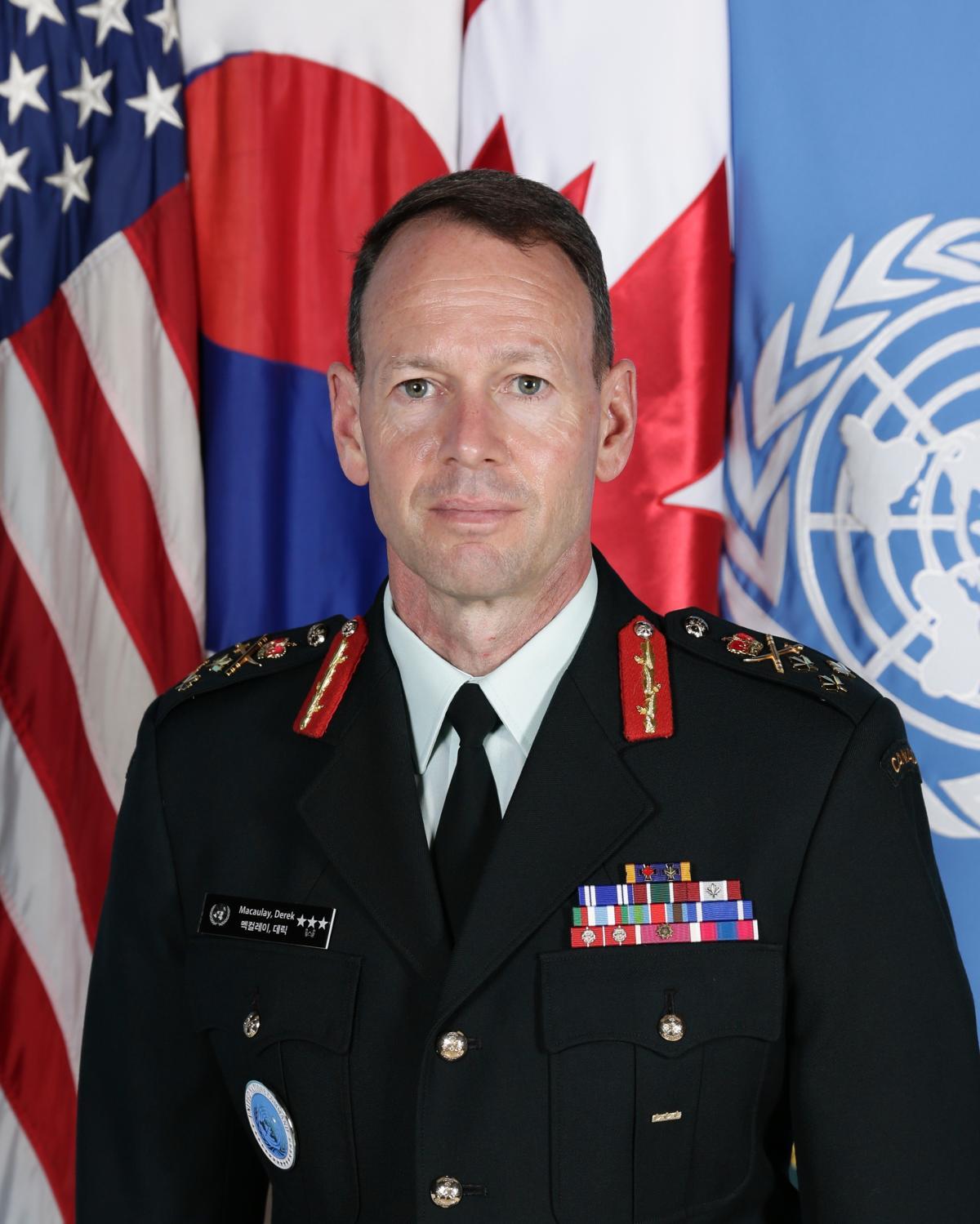
7월, 유엔군사령부(UNC) 창설 75주년을 맞아, 캐나다는 자국 역사에서 결정적인 한 장을 되돌아보고자 한다. 이는 캐나다가 세계 평화 수호에 확고한 역할을 자리매김한 계기가 되었다. 1950년, 한반도에서의 침략을 저지하기 위해 창설된 유엔군사령부(유엔사)는 현재까지도 국제 연대의 상징으로 남아 있다. 전쟁 발발 불과 수주 만에 병력을 파병한 캐나다의 즉각적인 대응은 집단 안보에 대한 캐나다의 지속적인 헌신을 보여주는 사례였다. 이번 기념일은 단순한 역사적 이정표가 아니라, 캐나다와 한국 간 끊을 수 없는 유대를 형성한 희생의 생생한 증거이다. 이 유대는 지난 70여 년 동안 경계와 협력을 통해 지속되어 왔다.
1950년 6월 25일, 북한군이 38선을 넘어 남침했을 때, 캐나다는 망설임 없이 유엔의 부름에 응답했다. 3만 명이 넘는 캐나다 군인들이 육군, 해군, 공군에서 복무했으며, 이 중 516명이 목숨을 잃었다. 지상에서는 캐나다 공군 프린세스 패트리샤 경보병 연대 제2대대가 1951년 4월 가평 전투에서 압도적인 적군에 맞서 전략적 고지를 사수하며 미 대통령 부대 표창을 받았다. 해군의 HMCS 아사배스칸과 수(Sioux)를 포함한 캐나다 구축함들은 험난한 한반도 해안을 순찰했고, 공군은 미국 공군 전투기 요격 비행대를 지원하며 F-86 세이버기로 최소 9대의 북한 미그(MiG-15)기를 격추시켰다. 제426수송비행대는 캐나다와 일본 간 인력 및 물자를 수송하며 1만 3천 명의 인원과 700만 파운드의 화물을 운송했다. 이러한 혁혁한 기여는 21개 유엔사 회원국들과 함께 전쟁의 기세를 멈추고 대한민국의 주권을 지켜낸 결정적 요소로 작용했다.
유엔사에게 1953년 정전협정은 항구적 평화를 향한 새로운 임무의 시작이었다. 캐나다 병력은 정전협정 이후에도 3년간 정전 감시 임무를 수행하며, 유엔군사령부가 비무장지대(DMZ) 감시 및 긴장 완화 임무를 수행할 수 있는 기반을 닦았다. 오늘날에도 정전협정 이행을 보장하는 유엔군의 임무는 지역 위협이 고조됨에 따라 그 어느 때보다 중요해지고 있다.
전쟁 중 형성된 유대는 세대를 넘어 계속되어 왔다. 가평 전투 참전 용사였던 윌리엄 J. 크라이슬러 일병은 1970년대에 한국으로 돌아와 대한민국의 재건을 돕고 이곳에서 결혼했으며, 2025년 4월 부산 유엔기념공원 전우들 곁에 안장되었다. 그의 이야기는 단지 한 명의 군인의 역할을 넘어, 한국 시민을 위해 싸우고 대한민국 사회의 일부가 된 수많은 캐나다인들의 사례를 잘 보여준다.이러한 관계는 오늘날 캐나다 사회에도 살아 숨쉬고 있다. 매년 겨울, 한국전 참전 캐나다 연대 대원들이 주최하는 ‘임진 하키 클래식’ 하키 경기는 참전용사들을 기리는 전통으로, 그들의 헌신과 노력을 잊지 않기 위한 살아 있는 상징이다. 이러한 의식들은 단순한 향수가 아니라, 상호 존중의 역사적 맥락 속에서 함께 빚는, 거대한 직조물 속 살아 있는 실타래 같은 것이다.
지난 75년 동안 유엔군사령부는 전시 연합체에서 평화와 안정 유지를 위한 다국적 핵심 전력으로 진화해왔다. 현재 18개국이 다양한 자원과 역량, 전문성을 제공하고 있으며, 이는 유엔사가 침략 억제, 위기 대응, 국제 규범 수호를 위해 긴밀히 협력할 수 있는 기반이 되고 있다. 이러한 광범위한 연합은 각국이 유엔사 회원국으로서 집단 안보 약속에 기반한 확고하고 신뢰할 수 있는 방위 태세 유지 능력을 크게 향상시키고 있다.
유엔군사령부의 핵심 임무 중 하나는 1953년 정전협정의 이행과 북한과의 군사적 소통 채널을 유지하는 것이다. 유엔사는 한반도에 분쟁 같은 우발 상황이 발생할 경우 회원국들의 다국적 기여를 조율하는 독특한 역할을 수행하며, 참가국들에 신뢰를 주고 잠재적 위협을 억제하는 단합된 억지력을 유지하고 있다.이러한 집단 안보에 대한 헌신은 1953년 7월 27일, 정전협정 체결과 동시에 워싱턴 D.C.에서 유엔사 소속 16개국 대표들이 발표한 공동 선언을 통해 공식화되었다. 유엔사 휘하에서 함께 싸운 16개국의 대표들은 이 선언을 통해, 만약 적대 행위가 재개될 경우 유엔의 원칙을 침해하는 어떠한 행위에도 단결하여 맞서겠다는 공동 선언을 발표하였다. 이 선언은 한반도에 수립된 평화를 수호하겠다는 국제 사회의 강력한 의지를 여실히 보여주는 것이었다.캐나다의 지속적인 유엔군사령부 지원은 이러한 집단 안보 체제에 대한 우리의 헌신을 반영하고 있다. 인적 기여와 외교적 협력을 통해, 캐나다는 유엔 헌장의 원칙을 수호하고 동북아 평화를 지키기 위한 신뢰받는 전력을 유지하는 데 기여하고 있다. 또한 이는 한국과의 양자 관계 발전, 그리고 한국전 참전용사들의 유산을 존중하는 노력의 일환이기도 하다. 그들의 희생은 오늘날 세계에서 가장 강력한 경제국가 중 하나인 대한민국의 기틀이 되었다.
이처럼 유엔사 창설 75주년 기념일은 끝이 아니라 다음을 향한 이정표이다. 캐나다는 귀국하지 못한 516명의 캐나다인들을 기리는 동시에, 앞으로의 길을 모색해야 한다. 북한의 능력 확장과 국제 규범을 위반하는 활동 등 지속적인 도전 과제가 존재하는 가운데, 캐나다는 항구적 평화를 향한 길을 열어가면서 이에 맞설 준비가 되어 있어야 한다. 캐나다의 지속적인 군사 및 외교적 지원은 한반도의 평화와 안정이 전 세계 안보와 불가분의 관계에 있음을 잘 보여주는 사례이다.
75 Years of Shared Sacrifice: Canada‘s Enduring Commitment to Peace on the Korean Peninsula
Deputy Commander United Nations Command
Derek Macaulay(Canadian Army Lt. Gen.)
When North Korean forces crossed the 38th parallel on June 25, 1950, Canada unwaveringly answered the UN’s call. Over 30,000 Canadians served across air, land, and sea, with 516 making the ultimate sacrifice. On the ground, Canadian soldiers etched their legacy in battles like Kapyong where, in April 1951, the 2nd Battalion of the Princess Patricia’s Canadian Light Infantry held critical high ground against overwhelming odds, earning the U.S. Presidential Unit Citation. The Royal Canadian Navy’s destroyers, including HMCS Athabaskan and Sioux, patrolled Korea’s treacherous coasts, while Royal Canadian Air Force officers attrited at least nine North Korean MIG-15s flying the F-86 Sabre while reinforcing United States Air Force Fighter-Interceptor squadrons. The 426 Transport Squadron ferried vital personnel and materials between Canada and Japan - 13,000 personnel and 7,000,000 pounds of freight. These vital and herculean contributions, alongside 21 other UNC member states, halted the conflict’s tide and preserved South Korea’s sovereignty.
The 1953 Armistice, enforced by the UNC, was not the end but the beginning of a new mission: building towards permanent peace. Canadian troops remained in Korea for three years as observers, laying the groundwork for the UNC’s enduring role in monitoring the Demilitarized Zone (DMZ) and mediating tensions. Today, one of the UNC’s mandate—ensuring compliance with the Armistice—remains as critical as ever, with rising regional threats underscoring the necessity of this multilateral framework.
The bonds forged in war transcend generations. This truth is embodied by Lance Corporal William J. Chrysler, a Kapyong veteran who returned to Korea in the 1970s to aid its reconstruction, married locally, and chose to be interred in Busan at the UN Memorial Cemetery in Korea alongside his fallen comrades in April 2025. His story mirrors that of many Canadians: soldiers who fought not just for a principle but for people, and in doing so, wove their lives into Korea’s fabric.
These connections pulse through Canadian society. Each winter, the “Imjin Hockey Classic”, played by Canadian regiments that served in Korea, honors veterans and serves as a reminder of their dedication and service. Such rituals are not mere nostalgia; they are living threads in a tapestry of mutual respect.
Over the past 75 years, UNC has evolved from a wartime coalition into a vital multinational force dedicated to preserving peace and stability on the Korean Peninsula - a region facing evolving regional challenges. 18 member states contribute diverse resources, capabilities, and expertise, giving the command the strength and close collaboration needed to deter aggression, respond rapidly to crises, and oppose actions that challenge international norms. This broad coalition enhances its ability to maintain a credible defense predicated on security commitments through United Nations Command membership.
Central to UNC’s mission is implementing the 1953 Armistice Agreement and maintaining military-to-military communication channels with the Democratic People’s Republic of Korea (DPRK). The command’s unique role in coordinating the multinational contributions of its member states in time of conflict for contingency on the Korean Peninsula ensures a unified, credible deterrent posture that reassures allies and dissuades potential adversaries.
This commitment to collective security was first formalized on July 27, 1953, the same day the Korean Armistice was signed at Panmunjom. Representatives from 16 nations that fought under the UNC gathered in Washington, D.C., to issue a joint declaration pledging to remain united and resist any violation of UN principles should hostilities resume. This declaration underscored the international community’s determination to uphold the peace established on the peninsula.
Canada’s ongoing support for the UNC reflects our dedication to this collective security framework. Through personnel contributions and diplomatic engagement, Canada helps maintain a credible, capable force ready to uphold the principles of the United Nations Charter and safeguard peace in Northeast Asia. Canada’s support also recognizes the importance of its growing bilateral relationship with the Republic of Korea and the historic legacy and sacrifice of past veterans, who laid important foundations for what is now one of the world’s strongest economies.
Anniversaries are not endpoints but waypoints. As we honor the 516 Canadians who never returned home, we must also look forward. There are enduring challenges related to the Democratic People’s Republic of Korea’s expanding activities contrary to international laws, rules, and norms, and it is incumbent upon us to meet those challenges while always providing a path to a permanent peace. Canada’s ongoing support, through troop contributions and diplomatic advocacy, signals our understanding that peace and stability on the Korean Peninsula is inextricably linked to global security.
윤상호 군사전문기자 ysh1005@donga.com
© dongA.com All rights reserved. 무단 전재, 재배포 및 AI학습 이용 금지
- 좋아요 0개
- 슬퍼요 0개
- 화나요 0개

 6 days ago
7
6 days ago
7
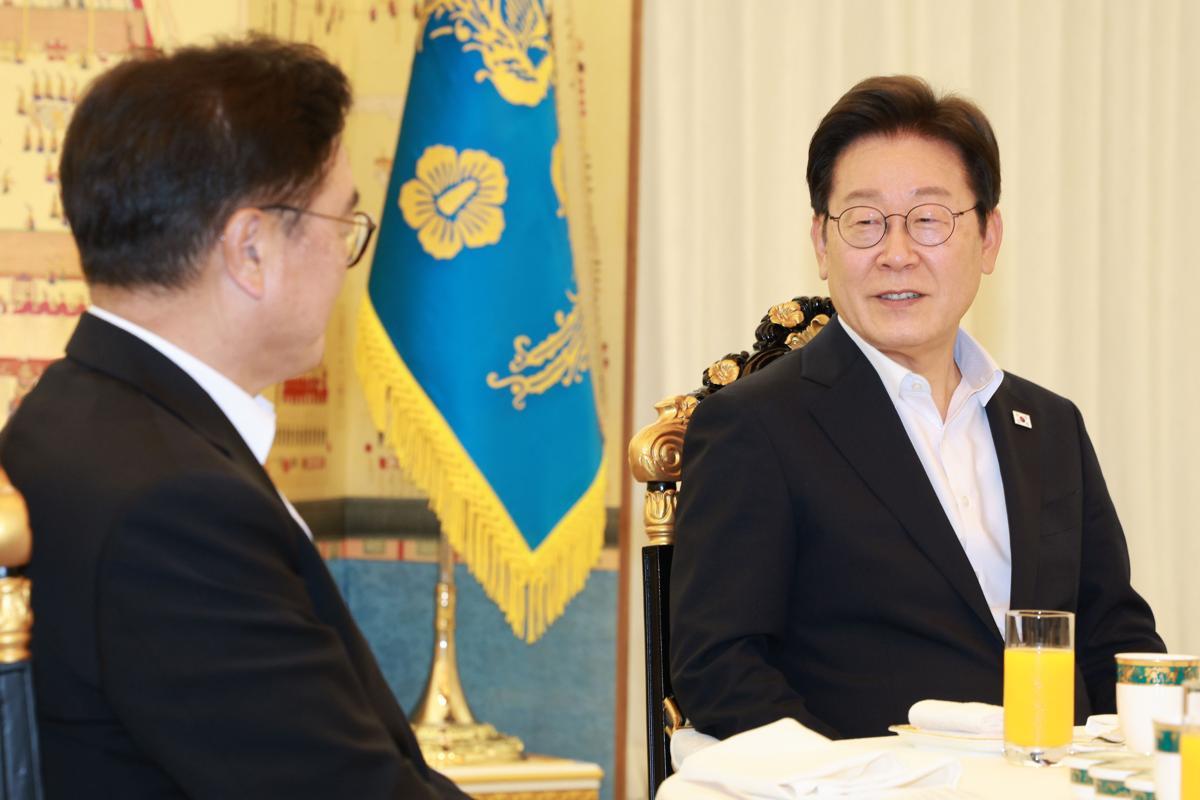


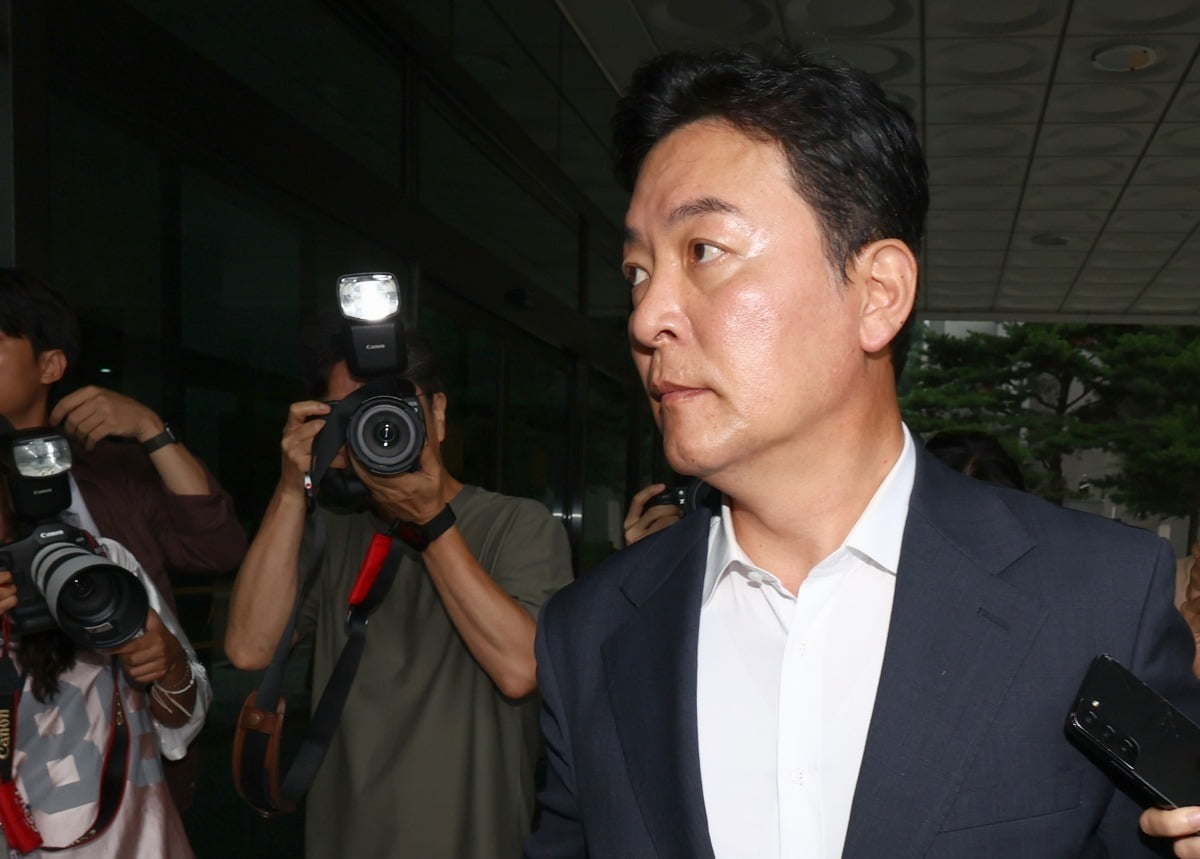

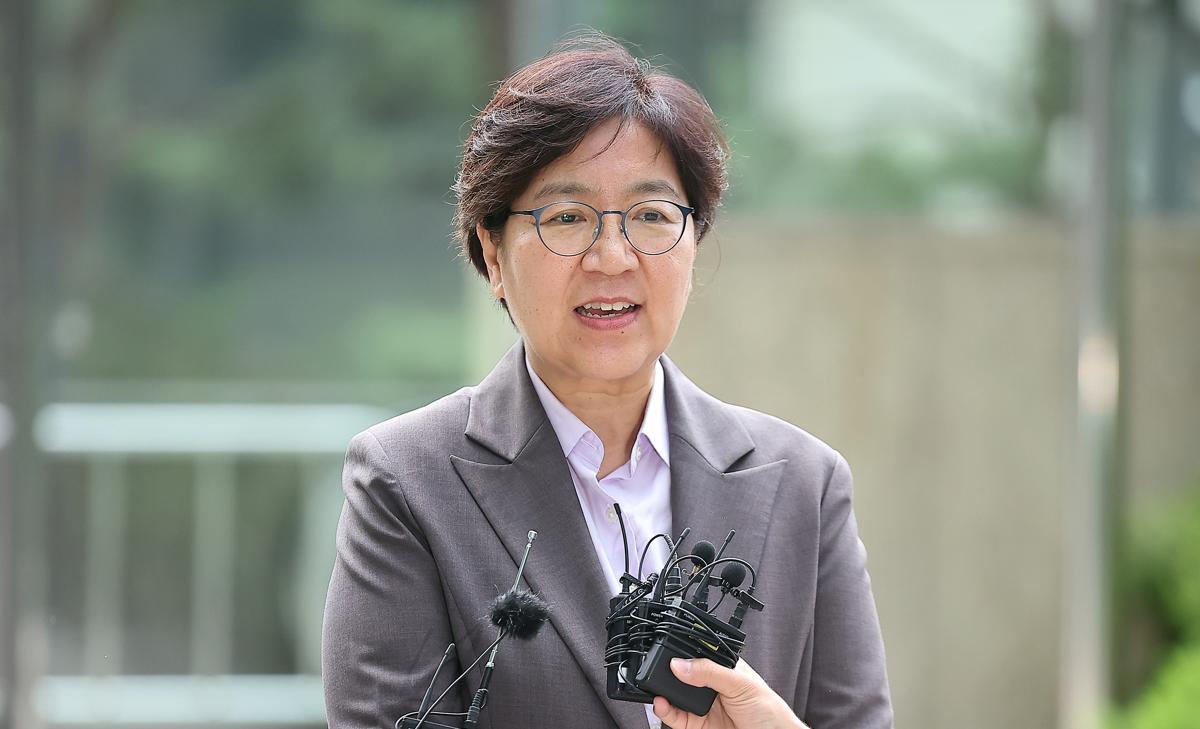
![[정치톡톡] 전한길 국힘 입당 '발칵' / '바이든 vs 날리면' 소송 취하되나? / 또 등장한 "북한 주적이냐" / 이진숙, '장관 자리에 덜컥'?](https://img.vod.mbn.co.kr/vod2/552/2025/07/17/20250717195614_20_552_1393801_1080_7_s1.jpg)

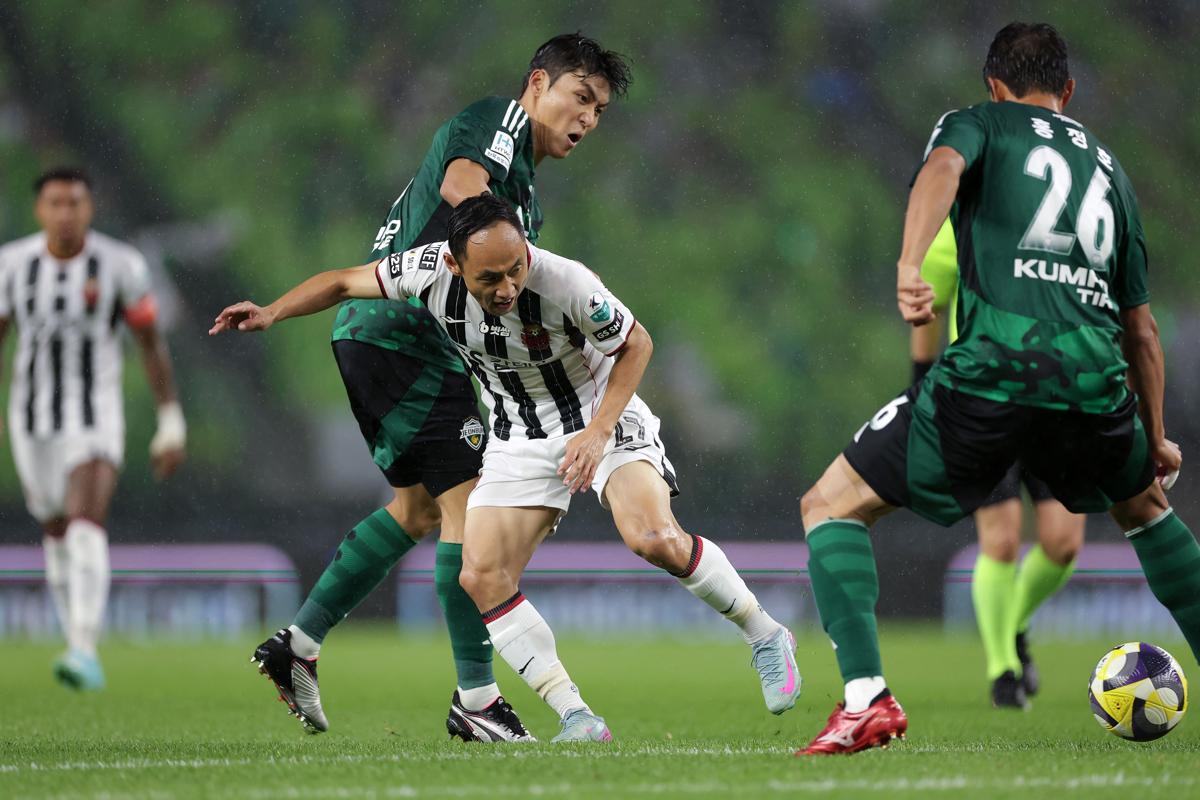

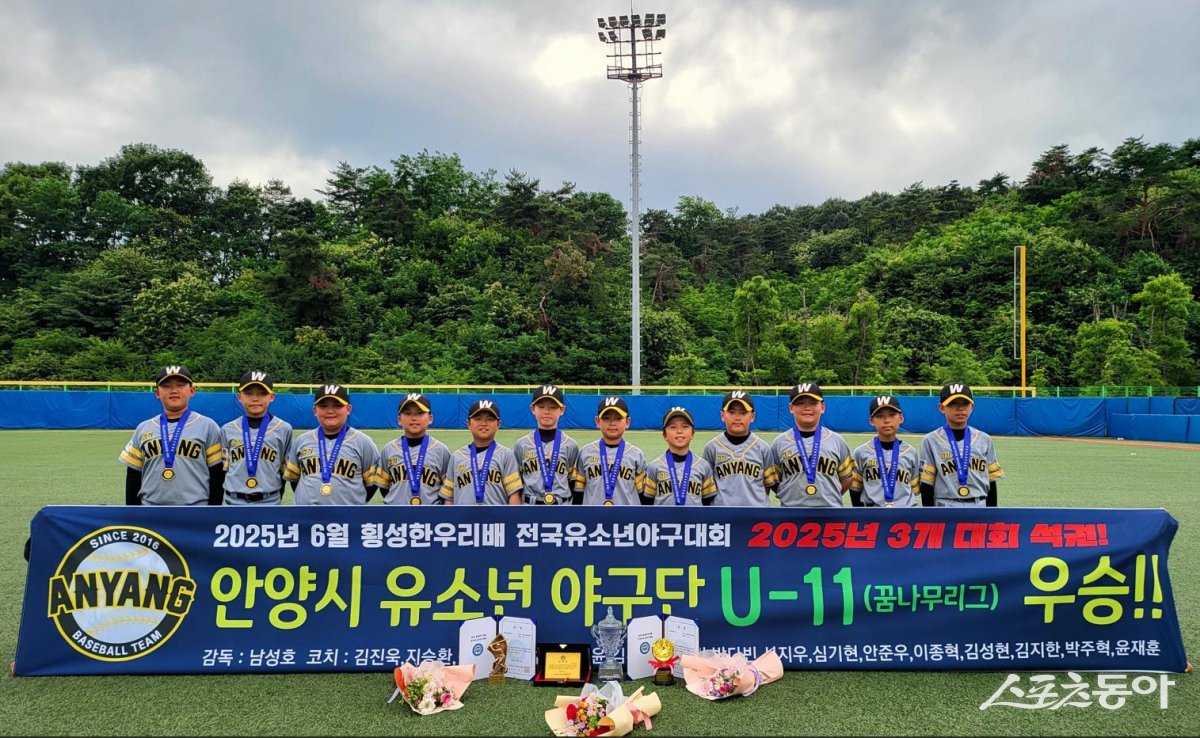

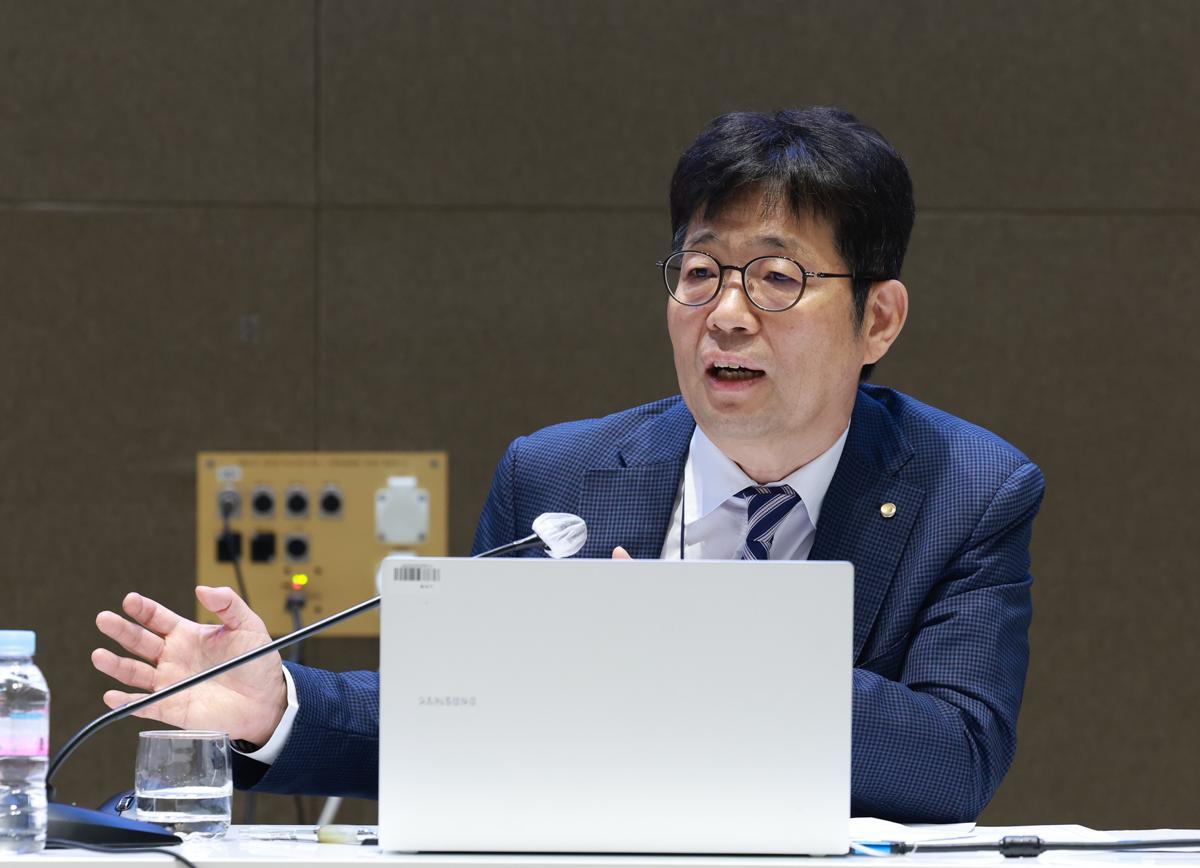
![이준영·아이들 슈화·크래비티 앨런·키키 수이, 'ACON 2025' MC 발탁[공식]](https://thumb.mtstarnews.com/21/2025/07/2025070309484071779_6.jpg/dims/optimize/)
![“로젠버그 차도가 없어, 복귀 불투명”…사실상 시즌아웃, 끝없는 키움 선발 고민 [SD 고척 브리핑]](https://dimg.donga.com/wps/SPORTS/IMAGE/2025/07/06/131945683.1.jpg)
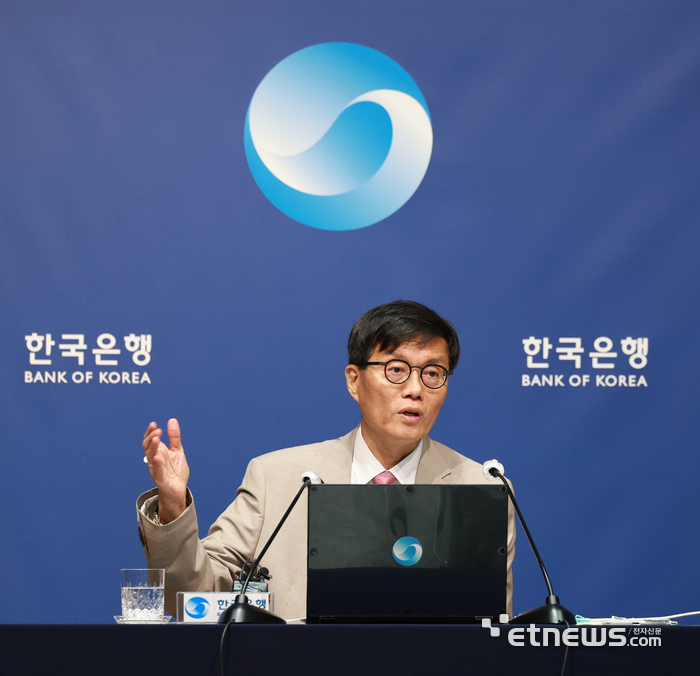

 English (US) ·
English (US) ·